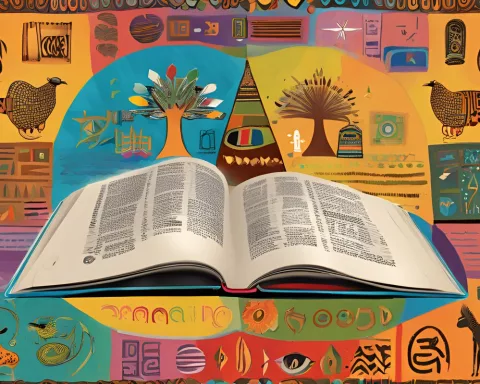Zenzo Ngqobe, a renowned actor known for his role as Stone in the popular South African drama series Rhythm City, achieved international recognition by winning the Best Actor award at a prestigious ceremony in Toronto, Canada. Hosted by the Black Actors Guild of Canada, the event acknowledged Ngqobe’s exceptional performance in the Botswana short film ‘Partly Cloudy & Hot’ (PCH).
The Film’s Impact
PCH, a unique and compelling production written and executive produced by Donald Molosi, explores the interconnectedness of human life. The film features Ngqobe’s exceptional talent alongside model and actress Kaone Kario, in her impressive movie debut. Ngqobe expressed the global impact of PCH, stating, “If it inspires someone out there, it’s a good thing. This short film shows how we interconnect in life as humans.”
Ngqobe’s Performance
The film premiered at the Roxbury International Film Festival in the United States in June, where audiences and critics alike praised the film. Ngqobe’s remarkable performance in Setswana, an uncommon language in international cinema, contributed to the film’s success. Despite this hindrance, the film resonated with viewers and garnered substantial recognition.
Cultural Identity
Ngqobe’s recent win sparked conversations about his cultural identity. As a Motswana with South African citizenship, Ngqobe was asked if his victory should be attributed to Botswana or South Africa. He firmly stated, “My win is for Africa. I am for Africa. Both South Africa and Botswana are home to me. I still don’t really know what separates them. This win is for Africa because I am for Africa.”
Celebrating African Storytelling
Ngqobe’s triumph at the Toronto Film Awards celebrates African storytelling on an international platform. As a globally recognized actor, he continues to break boundaries and challenge the status quo. PCH is a groundbreaking film that transcends linguistic barriers, celebrating the universality of human experience.
The Power of African Narratives
The film’s accolades demonstrate the power of African narratives in the world of cinema. It proves that stories originating from the African continent can captivate global audiences and warrant recognition from prestigious institutions such as the Black Actors Guild of Canada. Ngqobe’s unwavering commitment to his craft serves as an inspiration to aspiring artists.
Unity and Solidarity Across Borders
Ngqobe’s conviction that his award belongs to Africa as a whole sends an important message about unity and solidarity across national borders. By acknowledging the shared heritage that binds South Africa and Botswana together, he expresses appreciation for the rich tapestry of African cultures. His statement stands as a testament to the collective power of African storytelling.
Zenzo Ngqobe’s success at the Toronto Film Awards signifies not only his personal achievement but also the broader capacity of African narratives to resonate on a global scale. As artists continue to push the boundaries of cinematic storytelling, the world can anticipate a new wave of compelling works that celebrate the diverse and vibrant cultures of Africa.












